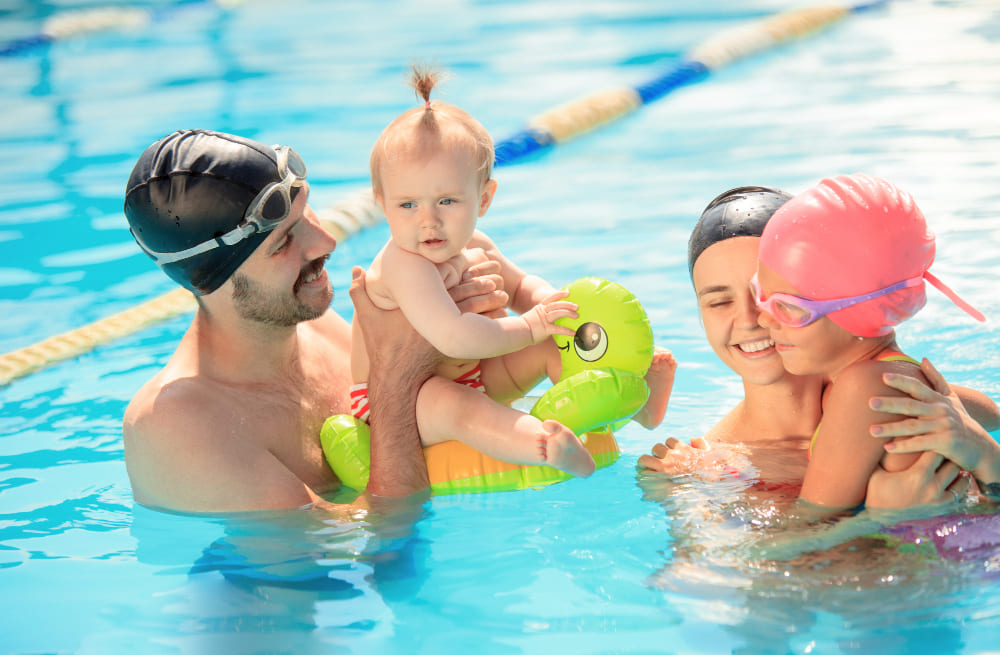Writing well is a craft honed over time, and it takes plenty of practice. By encouraging your child to write from a young age, you will help them develop a knack for writing. This has to be done in a smart and fun way though, so that they don’t find the process difficult and give up.
Show them
Kids love imitating their parents. Sometimes you would rather they not copy what you do or say, but that’s the way it is. When children see their parents write, they become curious and want to try as well. So write in front of them. Make grocery lists, type emails, fill out forms – write, write, write. When they have questions about what you’re writing, stop and show them. Take the time to explain what you’re doing.
Words matter
Writing and reading are very connected. A love for stories will ignite an appreciation for words. So read to your child often, read together, read a variety of stories. Always have books around for them. They will learn how to structure sentences and play around with syntax, almost subconsciously, while listening to you read or reading themselves. Pretty soon your kids will be writing stories of their own.
Mistakes happen
There will be plenty of mistakes when it comes to spelling and grammar when your child is just starting to write. It is all part of the learning process. Do not get frustrated and jump to correct them when they make a mistake. Instead, praise your child for their efforts and be encouraging. Over time they will learn to spell and punctuate properly, but for now allow them to enjoy the exercise of writing and sharing their thoughts.
Write everywhere
Alphabet-shaped magnets, chalk and a blackboard, pencil and paper, markers and a whiteboard, even a keyboard. Let your child have easy access to these tools. Let writing become second nature to them, a part of their environment and not a chore. The more practice they get playing around with words and stringing together sentences, the more their writing will improve.
Write together
Sit at the table with your child and write together. Is there a story your little one is fond of? Make a storybook out of it, you could even add illustrations. Do you have family living in another city or country? Help your child write a letter to them. Is your little one interested in nature? Put together a scrapbook of their finds, and let them write the names and a little description for each of the items they collect. Take what interests them and find a way to add writing into the mix.
Learning to write will open up avenues for your child. So, praise your toddler’s scribbles, read them plenty of stories and poems, and talk to them. They will learn to love words, and writing will come effortlessly from there. Not to mention, when they are older homework time will be that much easier thanks to their comfort with writing.






 A cold popsicle is a great way to beat the heat. It is healthier than an ice cream, can be made at home and you can experiment with flavours. You can try combinations like coconut water and berries, yoghurt and mango, or even watermelon and mint. Once you make the mixture, pour it in to the Popsicle molds and freeze. You can easily get the molds online, and there are plenty of recipes available, click
A cold popsicle is a great way to beat the heat. It is healthier than an ice cream, can be made at home and you can experiment with flavours. You can try combinations like coconut water and berries, yoghurt and mango, or even watermelon and mint. Once you make the mixture, pour it in to the Popsicle molds and freeze. You can easily get the molds online, and there are plenty of recipes available, click